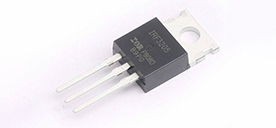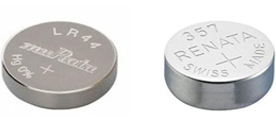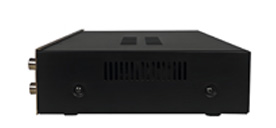Smart Medical Devices: The Future of Home Healthcare
2024/5/8 12:20:21
Views:
With the advancement of the times and the continuous development of medical technology, smart home medical equipment is gradually becoming the main force in the medical device market. Behind this trend is the continued growth of our country's economy, the improvement of people's living standards, and the increasing concern for health. The traditional medical concept has gradually evolved. It is no longer just "seeking medical treatment when you are sick", but pays more attention to health prevention and management.
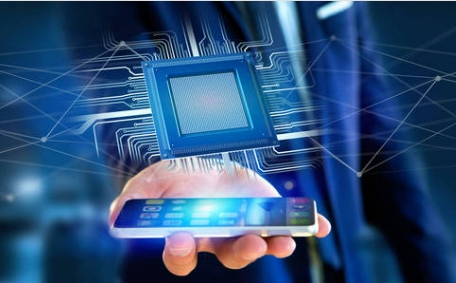
The popularity of smart home medical devices not only makes it easier for people to monitor their health conditions, but also brings huge changes to the medical industry. Through the collection and analysis of health big data, medical experts can gain a more comprehensive understanding of the health status of the population, thereby providing support for personalized medical services.
In this process, the application of intelligent technology plays a crucial role. Smart home medical equipment not only has basic monitoring functions, but can also analyze data through artificial intelligence algorithms to provide personalized health suggestions and early warnings. For example, smart blood pressure monitors can predict potential risks based on users' health data and propose corresponding preventive measures; smart blood glucose meters can help diabetic patients manage blood sugar levels and provide reasonable dietary advice.
In addition to individual users, medical institutions and medical staff have also benefited from the development of smart home medical devices. Intelligent equipment can greatly improve the efficiency and accuracy of medical care, reduce the workload of medical staff, and improve the quality and level of medical services.
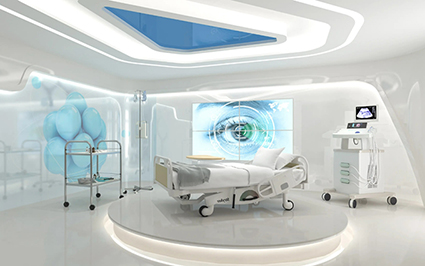
However, the popularization of smart home medical devices also faces some challenges. The first is the continuous upgrading of technology. It takes constant innovation and research and development to keep equipment at the forefront. Secondly, there are issues of data security and privacy protection. The leakage of medical data may have a serious impact on individuals and medical institutions. In addition, the cost of smart medical devices is also a consideration, and high prices may limit the purchase and use of some groups of people.
To sum up, the development of smart home medical equipment has shown a vigorous trend, providing people with more convenient and personalized health management services. However, to achieve its dominant position in the medical device market, it still needs to overcome many technical, safety and cost challenges to better meet people's health needs.
Related Information
-
-
Phone
+86 135 3401 3447 -
Whatsapp

